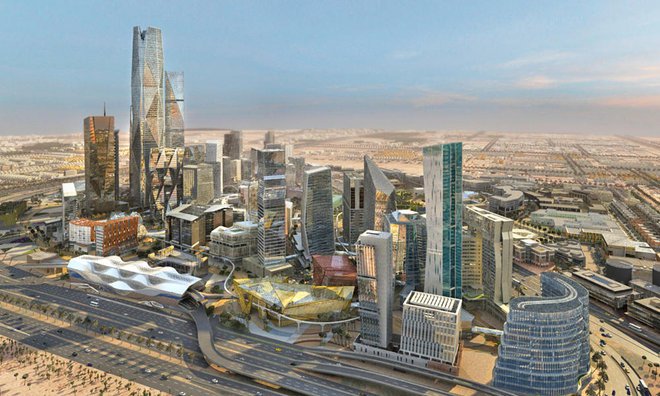
Saudi budget to be announced today
Saudi Arabia will today unveil its annual budget statement, which is expected to outline a series of tough measures designed to put the Kingdom on the road to achieving financial balance by 2020.
Subsidy cuts, rationalized spending and new fees for expatriate workers are three key moves expected to be announced today.
The budget is likely to see the cost of living increase for many residents, but economists said the measures were sensible and necessary to address the Kingdom’s economic woes in the wake of the oil price crash.
Any cuts in government spending are not expected to impact salaries and basic benefits of public sector employees, but be more geared toward reducing mismanagement of additional benefits and cutting luxuries, informed sources told Arab News.
The 2017 budget is expected to see costly subsidies on utilities such as water and electricity cut, sources said, while other media reported that fuel prices will also rise by 40 percent.
Low-income Saudi nationals are to be recompensed for the hike in utility costs through a government-managed cash aid scheme, which will also be designed to reward those who are the most efficient in their use of energy. The government is expected to levy an additional fee on expatriate workers in the Kingdom, likely to be a fixed amount of around SR800 ($213) a month, according to unconfirmed reports so far.
Such measures, to be announced on Thursday, are designed to address the deep economic challenges faced by Saudi Arabia, which have forced project cancellations and delayed payments to some the country’s biggest companies.
The government has already pledged to pay all contractors owed money and is expected to introduce measures that ensure that such delays seen previously do not happen again.
A year ago, the Saudi government forecast a 2016 deficit of some SR326.2 billion ($87 billion) — although the actual number for this year is expected to be lower and fall further in 2017, Reuters reported.
Economists said that the move to cut subsidies was a positive one as Saudi Arabia looks to balance its budget by 2020.
“It’s a healthy step as subsidies have distorted pricing for long and harbored inefficiencies,” said John Sfakianakis, director of economic research at the Gulf Research Center, based in Riyadh.
“However, subsidies have to be phased out over some time and mindful of the economic impact over the least privileged and financially constrained.”
Sfakianakis said that time will tell whether a fee on expat workers would be economically sustainable.
“We need to wait and see… what will be its impact on business and investments,” he told Arab News.
Economist Nasser Saidi also said cutting subsidies was a positive step.
“The low-hanging fruit from a policy-adjustment point of view is subsidies… and that, in my view, is the direction to go,” said Saidi, a former Lebanese economic minister and former chief economist at the Dubai International Financial Center.
Saidi, who is now president of advisory Nasser Saidi & Associates, said subsidies in Saudi Arabia mainly benefited businesses rather than individuals.
“More than 70 percent of subsidy goes to corporates, not to individuals and households,” he told Arab News.
“It is businesses and factories, etc., that have been used to living on cheap oil and water. As a result of that, Saudi Arabia and all the GCC (Gulf Cooperation Council) countries are highly energy-intensive in their activities.”
Cutting such subsidies would promote the use of cleaner energy, although it could push up inflation and transport costs too, Saidi said.
He added that Saudi Arabia, because of its low public debt, does not necessarily need to hit its 2020 deadline of balancing the budget.
“It’s not clear to me that Saudi Arabia actually needs to have that much fiscal adjustment,” he said. “It has a very low level of public debt, so you can take a longer time to adjust.”



























